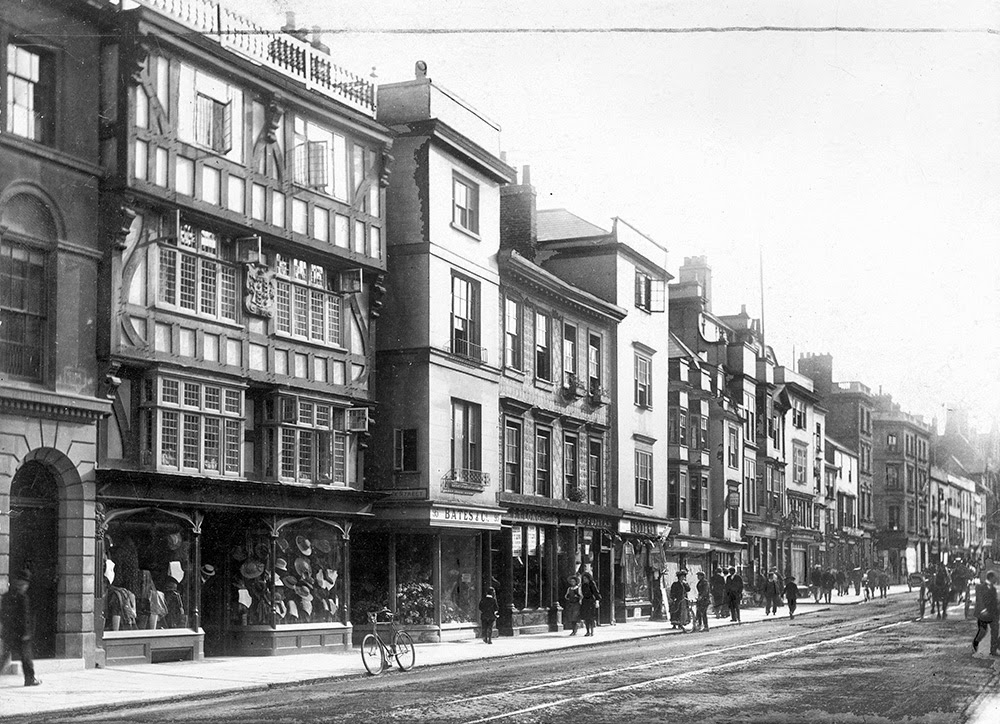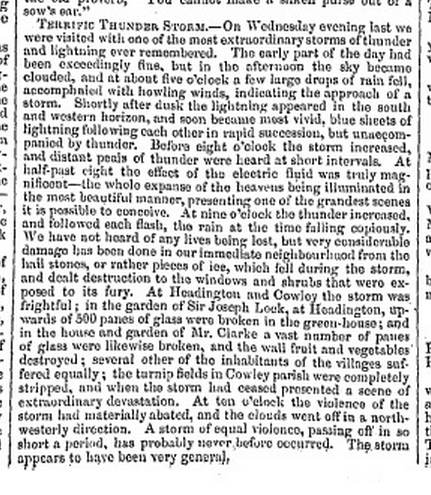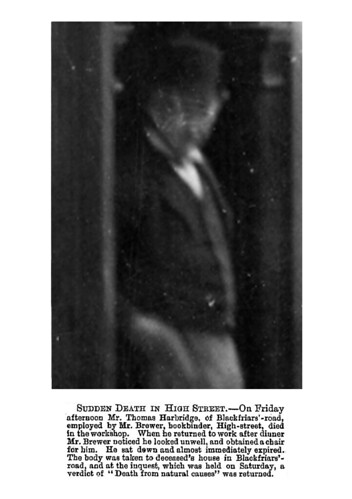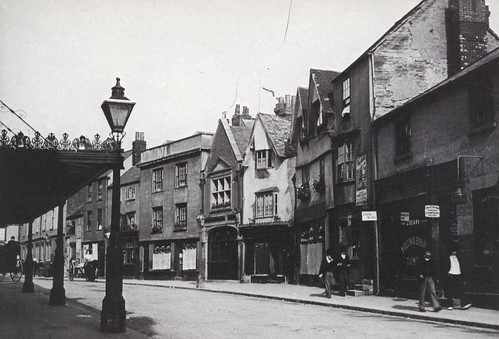The following three extracts are taken from local newspapers, the year given in brackets.
“On Sunday last, at the close of the evening service, the Society Meeting was held, and references to the death of Private Rogers were made by several members of the Church. Private Rogers’s mother is one of the oldest members of the Church. The meeting passed a vote of condolence with the relatives, all present standing in silence.” (1915)
“Shortly after dusk, the lightning appeared in the south and western horizon, and soon became most vivid, blue sheets of lightning following each other in rapid succession, but unaccompanied by thunder.” (1842)
“Her mother got up and tried the door but it was locked by [the] witness when her father and mother came in. Her father took the sword out of the sheath which he threw to the floor and then struck her mother on the back with the flat side of sword; neither her father nor mother spoke.” (1852)
The first concerns the death of my great-great-uncle Jonah Rogers; the second, a storm in Oxford in 1842, and the third, the murder of my great-great-great-grandmother in Jericho, Oxford in 1852.
But why have I chosen them?
It’s to do with the representations of silence in each of them and the way in which that silence is so arresting; augmenting as it does, our ability to empathise with the past. But how does it do this?
In all three quotes, the ‘revelation of silence’ comes after the ‘facts’:
“The meeting passed a vote of condolence with the relatives, all present standing in silence.”
“Her father took the sword out of the sheath which he threw to the floor and then struck her mother on the back with the flat side of sword; neither her father nor mother spoke.”
“…the lightning appeared in the south and western horizon… but unaccompanied by thunder.”
Silence is not the subject of the texts, but a part which serves to illuminate the whole (which in the second extract is especially pertinent). It’s like the opening of a camera’s shutter; everything that came before it is condensed into a moment.

The above photograph, for example, was taken in Oxford in 1909. I’ve written about it before with regards to the bicycle parked at the edge of the road. The bicycle tells us that this scene is just a small part of a much wider one, one in which the man rode the bicycle up High Street with the intention, perhaps, of going to the shop, parked his bike and walked inside. We cannot see any of that of course, but it’s all contained in that moment.





